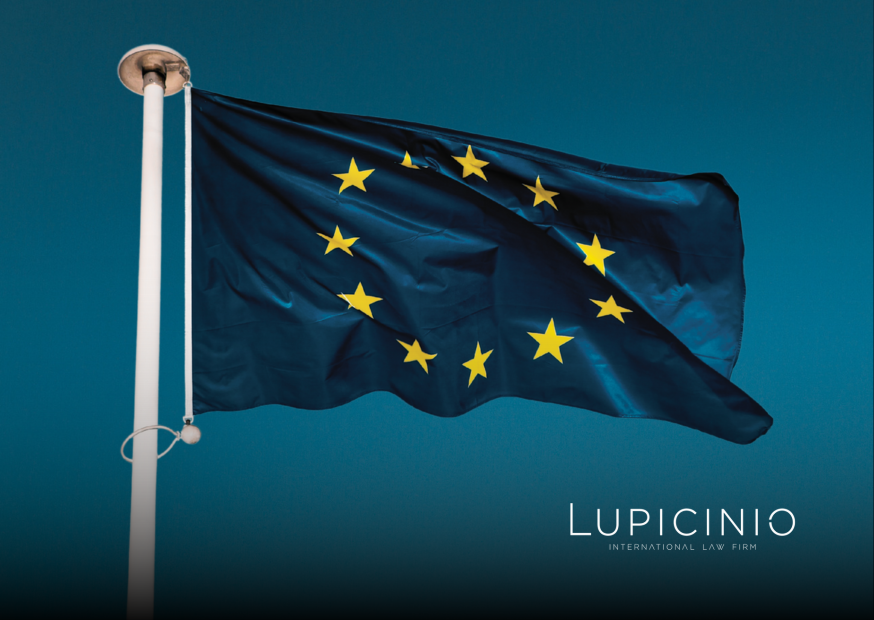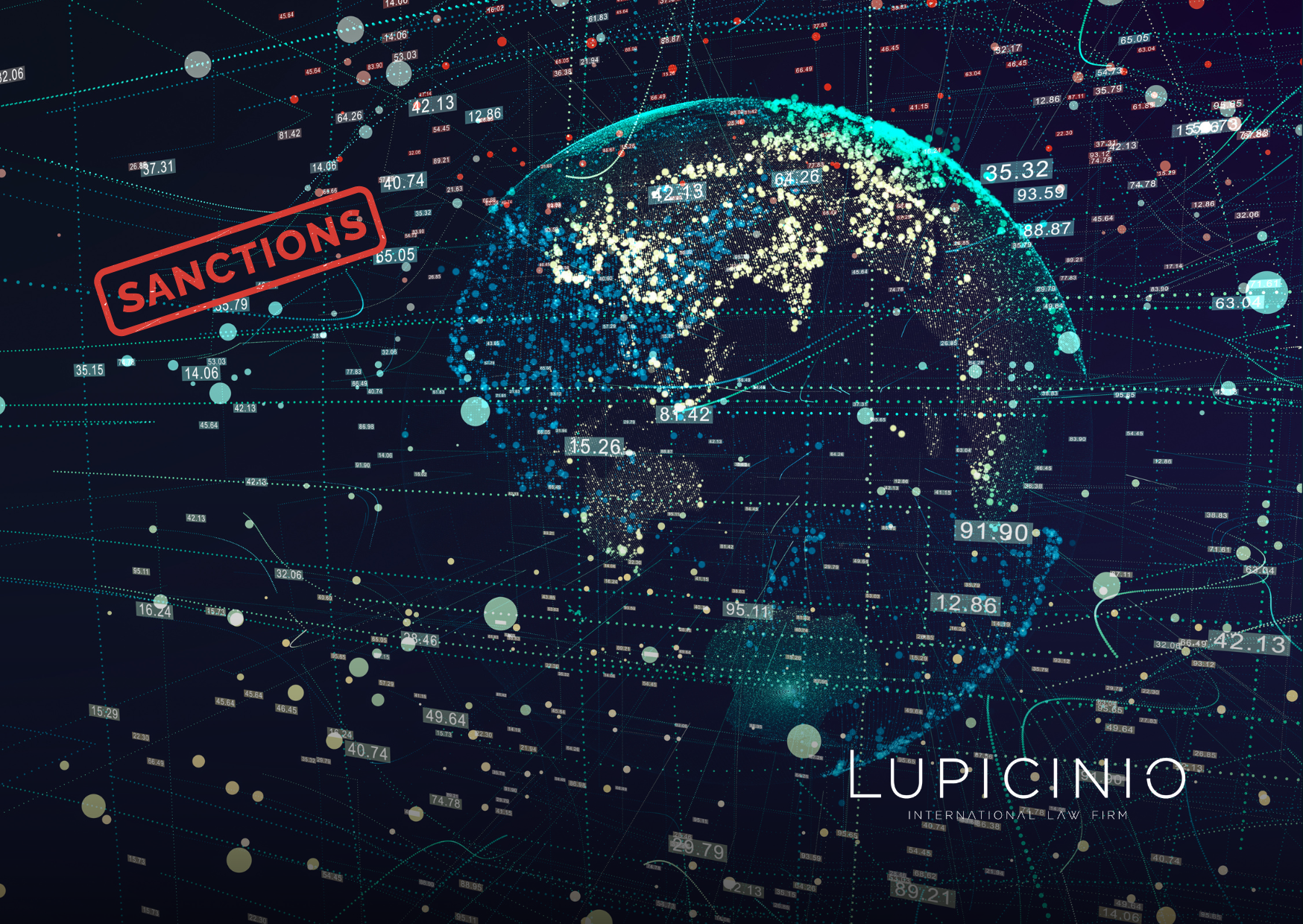On 15 July 2025, the Council of the European Union (EU) adopted new restrictive measures under the framework of its sanctions regimes, published the same day in the Official Journal of the European Union (OJEU). These measures are intended to reinforce the effectiveness of the EU’s financial and trade sanctions against certain persons and sectors in third countries, including sanctions for serious human rights abuses, the situation in Russia and its destabilising activities, actions which undermine the stability of the Republic of Moldova, as well as the situation in Haiti. Thereby, a summary of the main provisions is set out below.
Tabla de contenidos
- New additions to EU sanctions against serious violations and abuses of human rights
- New additions to the EU sanctions regime in view of the situation in Haiti
- New additions to the EU sanctions regime for actions which destabilise the Republic of Moldova
- New additions to the EU sanctions regime in the light of the situation in Russia
- New additions to the EU sanctions regime for Russia’s destabilising activities
New additions to EU sanctions against serious violations and abuses of human rights
With regard to its normative framework concerning sanctions for serious human rights violations and abuses, the EU has adopted new amendments formalised by:
- Council Decision (CFSP) 2025/1397 of 15 July 2007
- Council Implementing Regulation (EU) 2025/1396 of 15 July
Both provisions introduce changes to Regulation (EU) 2020/1998 and Decision (CFSP) 2020/1999, respectively, in the context of the general sanctions regime targeting serious human rights violations and abuses.
Eight natural persons and one legal person are added in their respective sections of the annex to both acts. The designated natural persons (126-133) are part of the “Zindashti Network”, allegedly linked to the Iranian Ministry of Intelligence and the IRGC, and are attributed with planning, coordinating and executing alleged extrajudicial killings and enforced disappearances of dissidents abroad. The legal entity “Zindashti Network” is listed as responsible for facilitating the organisation, financiation and encrypted communications of such activities.
New additions to the EU sanctions regime in view of the situation in Haiti
It has also adopted new amendments to its regulatory framework concerning restrictive measures in view of the situation in Haiti, formalised by:
- Council Decision (CFSP) 2025/1429 of 15 July
- Council Implementing Regulation (EU) 2025/1433 of 15 July
These amendments seek to improve the effectiveness of the current sanction’s regime in light of the worsening gang violence, serious human rights violations and persistent impunity in Haiti.
Both provisions introduce changes to Regulation (EU) 2022/2309 and Decision (CFSP) 2022/2319, respectively, in the context of targeted restrictive measures against natural and legal persons, entities and bodies responsible for acts that threaten the peace, stability and security of Haiti.
Three natural persons are added in their respective section of the annex to both acts. The designated individuals (4-6) are leaders of armed gangs in Haiti ―Wharf Jérémie, Ti Bwa and Canaan― who are alleged to be responsible for massacres and targeted killings of civilians, kidnappings, rape, robbery, extortion, drug trafficking, appropriation of land and forced recruitment of minors, constituting a direct threat to the peace, stability and security of the country.
New additions to the EU sanctions regime for actions which destabilise the Republic of Moldova
Regarding its regulatory framework concerning restrictive measures against actions which destabilise the Republic of Moldova, these amendments have been formalised by:
- Council Decision (CFSP) 2025/1435 of 15 July
- Council Implementing Regulation (EU) 2025/1434 of 15 July
The two provisions amend, respectively, Regulation (EU) 2023/888 and Decision (CFSP) 2023/891, in the context of restrictive measures directed against natural and legal persons, entities and bodies responsible for actions undermining the peace, stability and security of the Republic of Moldova.
Seven natural persons and three legal persons are added in their respective sections of the annex to both acts.
Those designated (17-23) are leaders or promoters of parties and movements linked to Ilan Shor, (Moldovan businessman, oligarch and politician) who, through bribery, vote buying, propaganda and electoral manipulation, have undermined the democratic process in the Republic of Moldova.
The incorporated entities (A7 OOO; VICTORY/POBEDA POLITICAL BLOC; The Cultural Educational Centre of Moldova) provided financial, logistical and propagandistic support to facilitate electoral interference in the 2024 elections and referendum.
New additions to the EU sanctions regime in the light of the situation in Russia
In its regulatory framework concerning restrictive measures in view of the situation in Russia, the following have been published:
- Council Decision (CFSP) 2025/1425 of 15 July
- Council Implementing Regulation (EU) 2025/1438 of 15 July 2008
The two provisions amend respectively Regulation (EU) 2024/1485 adopting restrictive measures in view of the situation in Russia and Decision (CFSP) 2024/1484 concerning restrictive measures in view of the situation in Russia, in the context of the European Union’s conviction of human rights violations and repression of civil society and democratic opposition in Russia.
These reforms aim to increase the effectiveness of the existing sanctioning system by including five natural persons responsible for serious human rights violations or abuses in the Russian Federation.
Five natural persons are added to section “A. Natural persons” in the annex to both acts. Those designated (48-52) are ex-judges and former judges of the Russian judicial system who, in the exercise of their functions, have imposed and upheld disproportionate prison sentences, authorised closed hearings and contributed to the ill-treatment and deprivation of procedural rights of opponents and demonstrators, supporting the repression of the democratic opposition and human rights violations.
New additions to the EU sanctions regime for Russia’s destabilising activities
Finally, the European Union has adopted new amendments to its regulatory framework concerning restrictive measures in the light of the Russian Federation’s destabilising activities, formalised by:
- Council Decision (CFSP) 2025/1443 of 15 July amending Decision (CFSP) 2024/2643
- Council Implementing Regulation (EU) 2025/1444 of 15 July implementing Regulation (EU) 2024/2642
In its recitals, the Council recalls that the respective Regulation and Decision of 8 October 2024 establish a sanctions regime against Russia’s hybrid and destabilising activities, and underlines the EU’s conviction of such actions, including sabotage, cyber-attacks, manipulation of information and interference in democratic processes. In view of the seriousness of the Russian hybrid threat, it proceeds to add nine natural persons and six legal persons, entities or bodies in the annex of such acts.
Those designated (39-47) are senior military officers, managers of state-owned companies, journalists and activists linked to Russian intelligence agencies or pro-Russian propaganda groups who, through broadcasting infrastructure, electronic warfare operations, cyber-interference and the dissemination of disinformation in occupied territories and third countries, have contributed to undermining Ukraine’s sovereignty, destabilising democratic processes and disrupting civilian communications in EU Member States.
The incorporated entities (RTRS; 841st Separate Electronic Warfare Center of the Baltic Fleet; BRICS Journalist Association; Center for Geopolitical Expertise; Foundation to Battle Injustice; Tigerweb) provide the organisational, technical and financial support that makes these propaganda activities, information manipulation and electronic warfare operations possible.
However, as of today the EU institutions have still not reached a consensus to approve a new package of sanctions against Russia ―which would have been the eighteenth―, as in the last negotiations Slovakia, dependent on Russian gas, blocked the initiative claiming the risk of supply disruptions and the foreseeable increase in energy costs that would imply progressively reducing gas imports before 2028.
This lack of agreement highlights the deep divergences between Member States on the scope and intensity of the sanctioning regime, delaying the adoption of a common EU response.
******
More information:
Lupicinio International Law Firm
C/ Villanueva 29
28001 Madrid
P: +34 91 436 00 90







